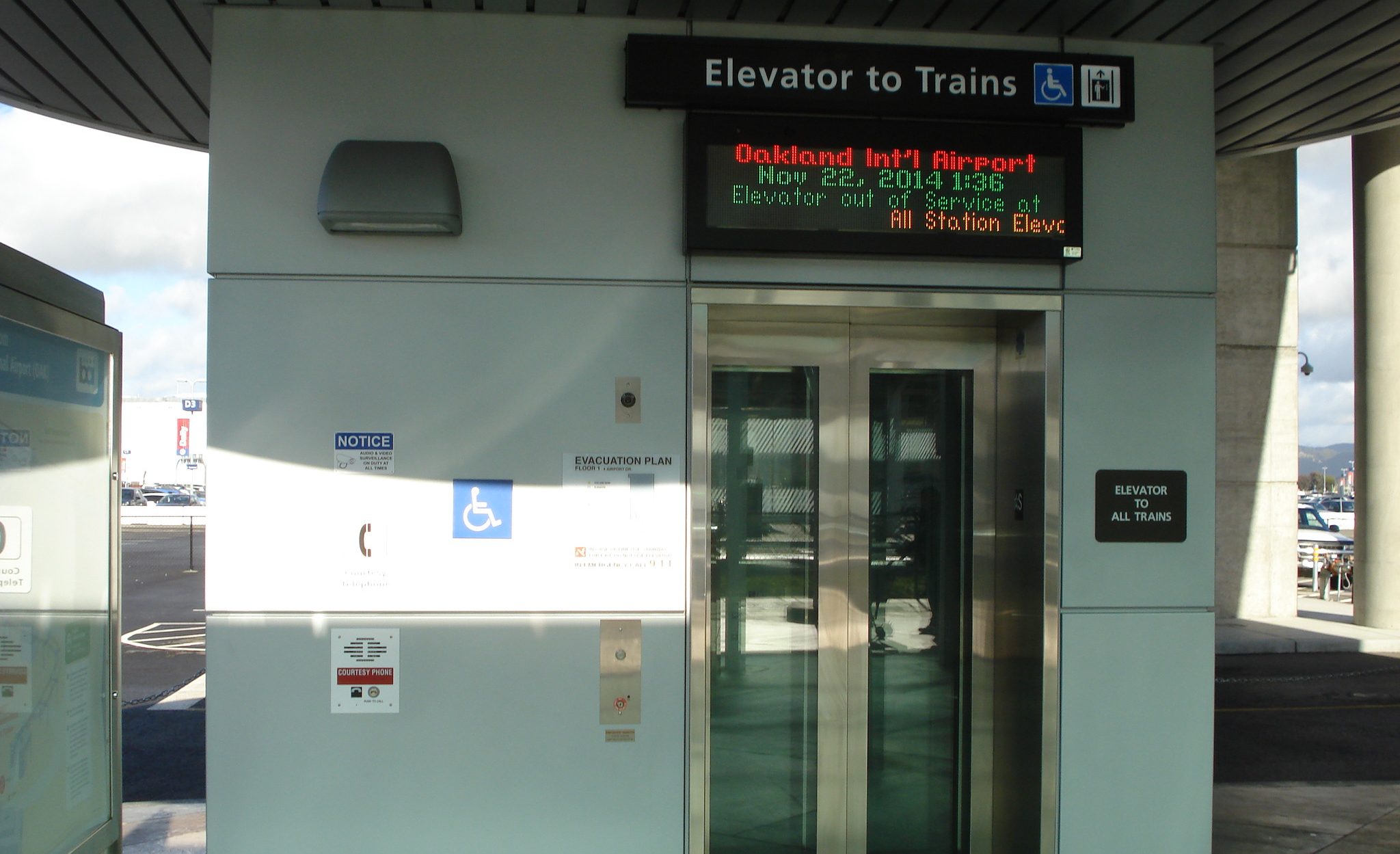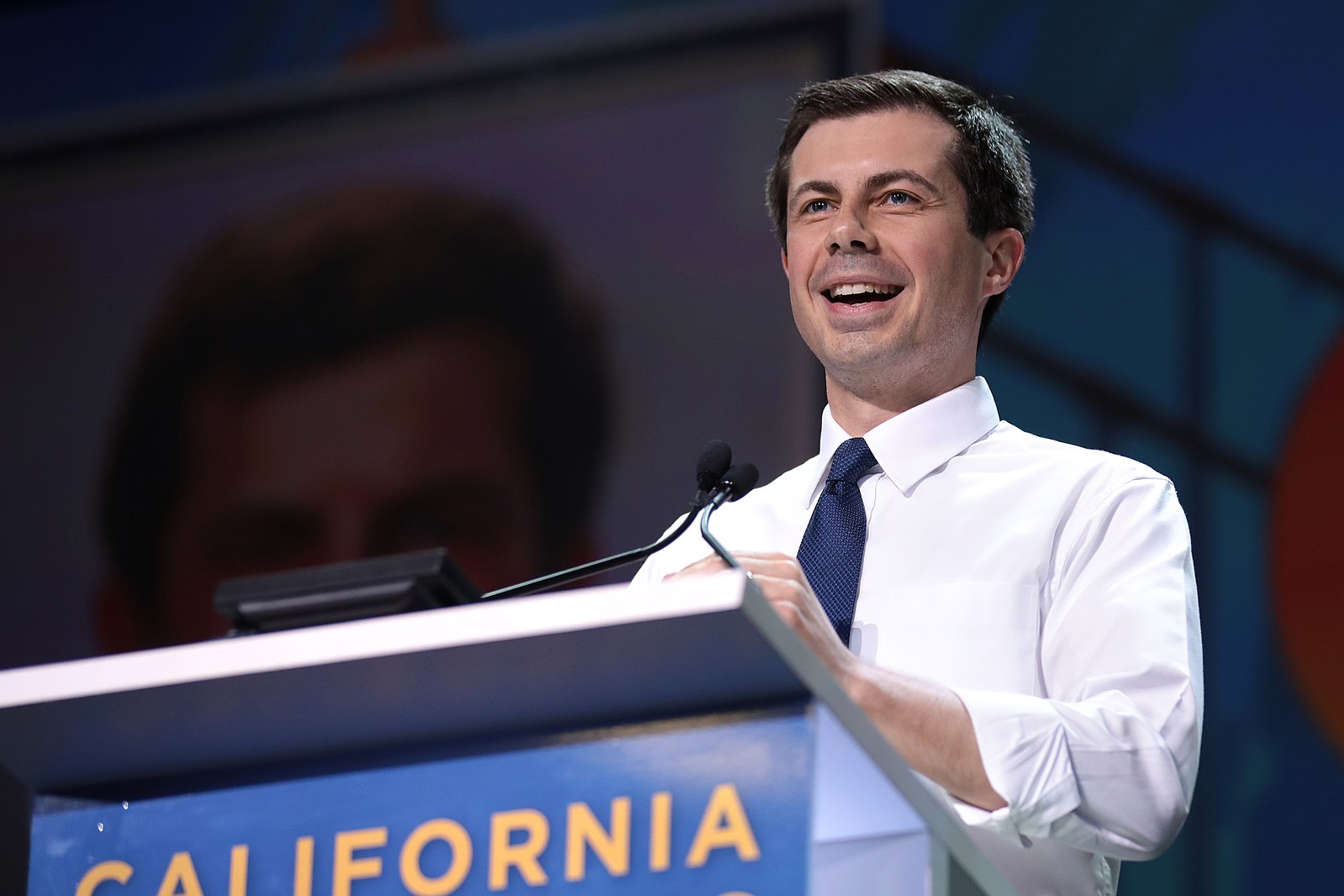As Democrats in both chambers of Congress work on drafting new economic recovery legislation, they now have a preliminary list of how much spending can be set in motion on short notice: $15 billion for transit projects and $48 billion for highway projects.
Those totals were delivered to lawmakers today by the American Public Transportation Association (APTA), which represents regional transit agencies, and the American Association of State Highway and Transportation Officials (AASHTO), which speaks for state DOTs. The numbers represent a starting point for Congress, rather than any final word on the levels to be included in any legislative package.
Still, Senate environment committee chairman Barbara Boxer (D-CA) was clear in her plans for infrastructure to play a major role in the jobs bill. Senate Democrats aim "to put this [legislation] forward in January, in the beginning of the year," Boxer told reporters today, adding that she would "push very hard" to fund transportation projects that could be started within 120 days.
AASHTO submitted its own transit spending number of $9.8 billion in ready projects, based on a survey of state DOTs. APTA's $15 billion estimate, by contrast, came from asking approximately 300 transit authorities to identify projects within a 90-day window. The transit number also does not include federal operating assistance that would help avert layoffs by preventing service cutbacks.
Before Democrats settle on the details of their jobs bill, they must resolve an ongoing standoff over long-term transportation policy. Boxer said today that she is "convinced we will do" a six-month extension of the 2005 federal transport bill, now operating under its second stopgap in two months, and she described new infrastructure stimulus as "over and above" the next six-year transportation measure.
But House Democrats, who also held their own press conference with AASHTO today, continue to press for a new six-year transportation bill as a vehicle to create jobs. With the current stopgap funding set to expire on December 18, senators may face an uphill battle in convincing their Capitol neighbors to put off a long-term debate until June.
At their event today, House transportation committee chairman Jim Oberstar (D-MN) and his top lieutenant, Rep. Pete DeFazio (D-OR), released a letter to President Obama that stressed the importance of federal aid in preventing state cutbacks. Citing this month's fiscal survey by the nation's governors, which found that 30 states had cut transportation spending in 2009 or would do so in 2010, Oberstar and DeFazio wrote:
Although the [first stimulus law] provided a much-needed boost to states, this bleak outlook underscores the necessity for increased federal investments in highway and transit projects ...
The question of how to pay for more infrastructure spending, regardless of its format, remains a political challenge in its own right.
"This will be paid for," Boxer said of the package she is now assembling. "We have our eye on a number of ways, one of which is" using unspent funds from the $750 billion Wall Street bailout. That idea has support on the House side but is highly likely to run afoul of the White House economic team, which has suggested using the money to cut the deficit.
A third unsettled issue for new transportation aid: whether mayors and regional metropolitan planning organizations (MPOs) would get more control over allocating money than they did under the first stimulus law. "We want the mayors' involvement," Boxer said, adding that she is "open to different delivery systems" and asserting that MPOs often have input in state DOTs' planning processes.
Late Update: One notable absence from today's AASHTO list was a breakdown of how many "ready-to-go" projects involved maintenance and repair, versus adding new lanes. In a statement released this evening, John Krieger, transportation analyst at the U.S. Public Interest Research Groups (PIRG), urged Congress to focus on repairs first and insist on accountability:
It is encouraging that Congress is once again focusing on transportation funding as a means to create jobs and address a huge national concern – our quickly aging infrastructure. However, without specifics about these state ‘wish lists,’ there are no assurances that the projects included are in fact repair projects. In the past, these ‘wish lists’ have included a disturbing amount of new highways and pet projects despite being sold to the public as needed repairs. Any funding that goes out from Congress should be tightly-targeted to ensure that our aging infrastructure is in fact given top priority instead of unneeded new roads and highways.
Late Update II: Another source of alarm for transportation reform advocates is the growing interest in a two-year window of funding for the "ready-to-go" projects envisioned by APTA and AASHTO. James Corless, director of Transportation for America, issued a statement last night urging Congress to pursue an infrastructure spending "front-load" that lasts no more than a year, in order to keep momentum going for long-term policy shifts.
Corless said:
We applaud the chairmenfor pointing out that the rehabilitation of our over-taxed highway andtransit systems are as imperative as they are effective at putting peopleto work on a timely basis. Among infrastructure-related investments,such ‘state-of-good-repair’ projects will create more jobs, fasterthan other investments. As we have argued since before the first stimulus,it makes perfect sense to restore our existing infrastructure as weprepare to lay the groundwork for a more transformational vision.
However, we are deeplyconcerned that a two-year continuation will once again provide an excusefor some members of Congress to defer this country’s desperate needto create a new, long-term plan for investing in the infrastructurewe need to remain competitive in a rapidly evolving, global economy.





